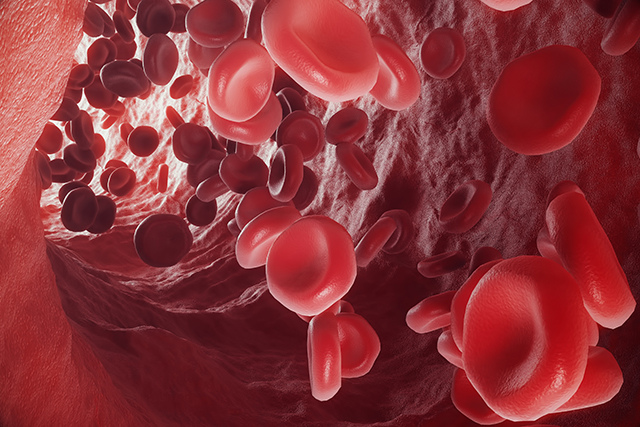3 Gut health issues that can be improved with essential oils
01/16/2019 / By Mary Miller

Essential oils are concentrated plant extracts that can be used as natural remedies for a number of illnesses and health conditions. You can use them in a variety of ways to achieve optimal health. You can either diffuse them into the air or dilute them in a carrier oil and apply it topically. With less potent essential oils, you can follow proper internal application – add a couple of drops in a capsule, and ingest it to help treat specific ailments, especially digestive issues. In this manner, essential oils can be useful in supporting your gut health.
Each type of essential oil has its own unique scent, characteristics, and healing properties. Some of them even possess antibacterial, antiviral, antiseptic, and antifungal properties. You can use them to disinfect wounds, fight bacterial infections, and relieve nausea, among others. You can use these essential oils to promote your overall health and well-being.
Gut health issues that can be treated with essential oils
You can use essential oils to relieve the symptoms of these three gut health problems:
- Small intestinal bacterial overgrowth. Different strains of bacteria normally grow in various parts of your gut. When bacteria that don’t belong in your small intestine start growing there, this can result in small intestinal bacterial overgrowth (SIBO). SIBO can be linked to other metabolic and digestive disorders, such as viral gastroenteritis, celiac disease, Crohn’s disease, hypochlorhydria, and cirrhosis. The antibacterial properties of certain essential oils can be useful in inhibiting unwanted bacterial growth and restoring the balance of microflora in your gut. (Related: Healing the gut: The power of essential oils.)
- Irritable bowel syndrome. Irritable bowel syndrome (IBS) is a gut health issue that affects your digestive system. Some symptoms that accompany IBS include abdominal pain, changes in bowel movement, increased gas, bloating, cramping, and food intolerance. Peppermint essential oil is particularly useful in relieving IBS-related pain and discomfort.
- Nausea. Nausea can be caused by a variety of different reasons, such as heartburn, viral or bacterial infections, ulcers, motion sickness, or a reaction to certain foods or medication. While nausea can sometimes be triggered by certain scents, it can also be alleviated by inhaling certain aromas. Peppermint and ginger essential oils can be diffused into the air to help manage feelings of nausea.
Essential oils for digestive problems
Some people may choose to treat their gut health issues with the use of over-the-counter medication (OTC), but such drugs may often come with adverse effects. Essential oils are a holistic remedy that cause none of these side effects when used properly. Here are some of the best essential oils for treating the symptoms of your digestive ailments naturally:
- Lavender oil. Lavender essential oil possesses potent anti-inflammatory properties that can help reduce swelling. Among one of the most anxyolitic (anti-anxiety) essential oils, lavender oil can soothe many gut health issues and promote a sense of calmness.
- Peppermint oil. This essential oil is suitable for internal application in carefully controlled doses. To alleviate the symptoms of IBS, you can add two to three drops of peppermint essential oil to an enteric coated capsule and take a capsule two to three times a day, while waiting at least five hours in between each dose.
- Cumin oil. Another useful essential oil for managing IBS-related pain, discomfort, and bloating is cumin oil.
- Thyme oil. Thyme oil contains the two chemicals, thymol and geraniol. These chemicals are highly beneficial for the treatment of SIBO. They can help suppress the harmful pathogens in the small intestine.
Learn more about the medicinal uses of essential oils by going to EssentialOils.news.
Sources include:
Tagged Under: alternative medicine, antibacterial, antiviral, aromatherapy, cumin oil, digestive health, digestive system, essential oils, gastrointestinal health, gut health, healing, herbal medicine, lavender oil, natural cures, natural health, natural medicine, Peppermint Oil, remedies, thyme oil


















